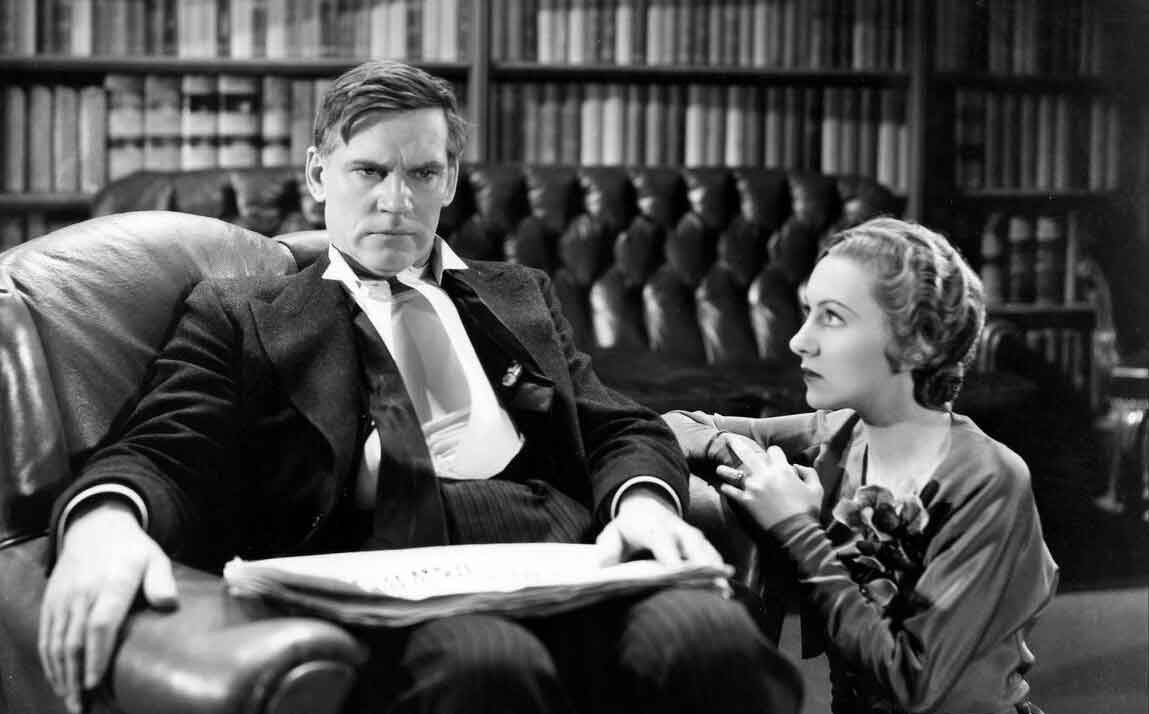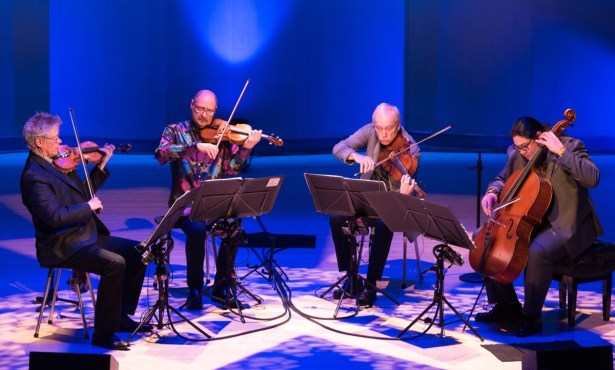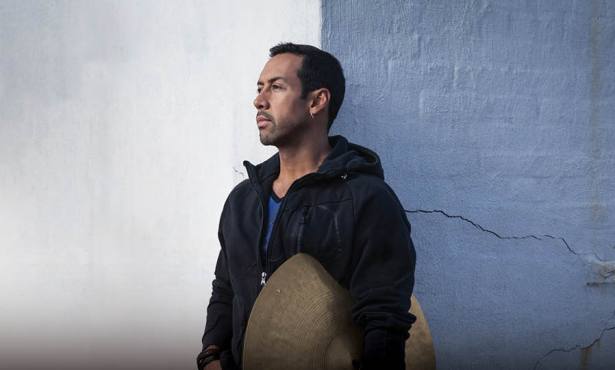Pollock Theater Screens ‘Gabriel over the White House’
1930s Film Offers Up a ‘Benevolent Fascist’ Fantasy

In the depths of the Great Depression, with a quarter of Americans out of work, the banking system collapsing by the day, hunger and homelessness afflicting millions, and a lame-duck president (Herbert Hoover) helpless in the White House, there was a desire by Americans for a firm hand, a leader who would deal decisively, even ruthlessly, with the national afflictions. “A Dictatorship if Necessary,” proclaimed blue-blood Republican newspaper the New York Herald Tribune (published 1924-1966). The country’s most influential columnist, Walter Lippmann, told president-elect Roosevelt, “You may have no alternative but to assume dictatorial powers.”
It was during that political climate that one of the most bizarre movies ever to hit the screen was made: 1933’s Gabriel Over the White House, which will screen March 1 at UCSB’s Pollock Theater. Funded in part by newspaper baron William Randolph Hearst, the film tells the story of President Judson Hammond (played by Walter Huston), a ne’er-do-well hack who is surrounded by corrupt factotums and has little interest in dealing with employment, organized crime, or international tensions. Driving home one night from a disreputable gathering, he crashes his car and winds up in a coma. Then, as a mysterious breeze flutters the curtains — a symbol, it’s inferred, of a kind of divine intervention —Hammond rises from his bed with fire in his eyes, returns to his rule, and proceeds to become a “benevolent fascist.” Threatened with impeachment, he declares martial law, dissolves Congress, suspends civil rights, and organizes execution squads to gun down gangsters in the shadow of the Statue of Liberty. He orders up a massive public works program and threatens feuding nations with a super-weapon that forces them into agreeing to global disarmament. Then, his divine work done — spoiler alert — he returns to his sickbed and dies.
Gabriel is a piece of cinematic history: the only explicitly pro-fascist film Hollywood ever made (although one can argue about the implications of the Dirty Harry movies that scorn the civil-liberties-minded academics, or the Rambo series). And 85 years later, it offers subtle but significant clues about our current political terrain. When conditions are bad enough, when significant numbers of people abandon confidence in the system, there will be powerful currents in the direction of something — or someone — wholly new, wholly disconnected from long-established norms.
As a 35-year veteran of network news — at ABC, CNN, and CBS — I’ve had a longtime fascination with this movie and the way it still speaks to a hunger for a politics that overthrows everything we assume is central to our system. That’s what we’ll be talking about after the film is screened. —Jeff Greenfield
4·1·1
Gabriel Over the White House will screen Thursday, March 1, 7 p.m., at UCSB’s Pollock Theater. Journalist Jeff Greenfield will join moderator Patrice Petro for a post-screening discussion. The event is free, but reservations are recommended. See carseywolf.ucsb.edu/pollock/events/.



